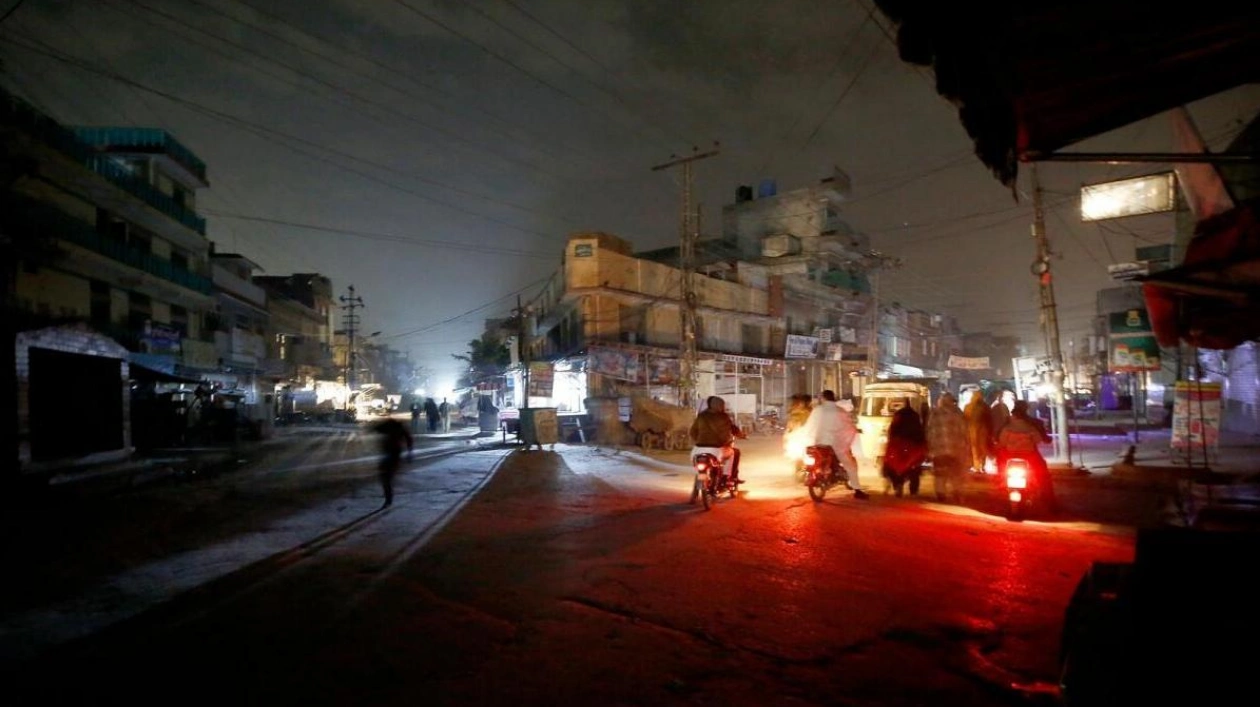Prime Minister Shahbaz Sharif announced on Tuesday that Pakistan intends to postpone the increase in electricity tariffs until October, providing temporary relief on power rates, a crucial element in the country's agreement with the International Monetary Fund (IMF). The IMF is particularly concerned about the unresolved debt within Pakistan's power sector, and Islamabad is set to finalize a deal with the IMF this month. The poor and middle-class households continue to feel the effects of the IMF's bailout last year, which included a series of power tariff increases over 12 months as part of the IMF program that concluded in April.
Sharif stated at a press conference, "We are providing this relief for three months: July, August, and September," with the intention of easing the situation in October when electricity consumption typically decreases. Pakistan's annual power usage is anticipated to decline consecutively for the first time in 16 years, attributed to higher tariffs reducing household consumption. Sharif highlighted that the decision to delay the tariff increase would benefit 94 percent of domestic households, as the nation of 300 million people experiences summer temperatures nearing a record high.
He further mentioned that Pakistan has no alternative but to engage in a new IMF program, and Islamabad is keen on signing a three-year agreement. Pakistan has established a tax revenue target of 13 trillion rupees ($47 billion) for the fiscal year starting July 1, marking a nearly 40 percent increase from the previous year. The goal is to reduce the fiscal deficit to 5.9 percent of the gross domestic product from 7.4 percent last year. Although the budget might gain approval from the IMF, analysts warn that high taxes on an already struggling economy could ignite public discontent.






